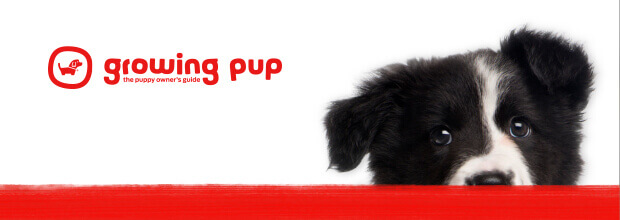Personality
Keen, alert and active, the Australian Silky Terrier or ‘Silky’ for short is, beneath the coat, all terrier. With all the spice and fire of the larger terriers, they are still well equipped for their original purpose in watchdog and vermin control roles, as well as making lively companion animals. Enjoying training, games and any activity where they can join in with their owner, this is a fun and remarkably robust little dog. Comparisons will be drawn with their relative the Yorkshire Terrier, but although they are similar in appearance and height, the Silky is the more solidly built, with a longer muzzle and less rounded head.








